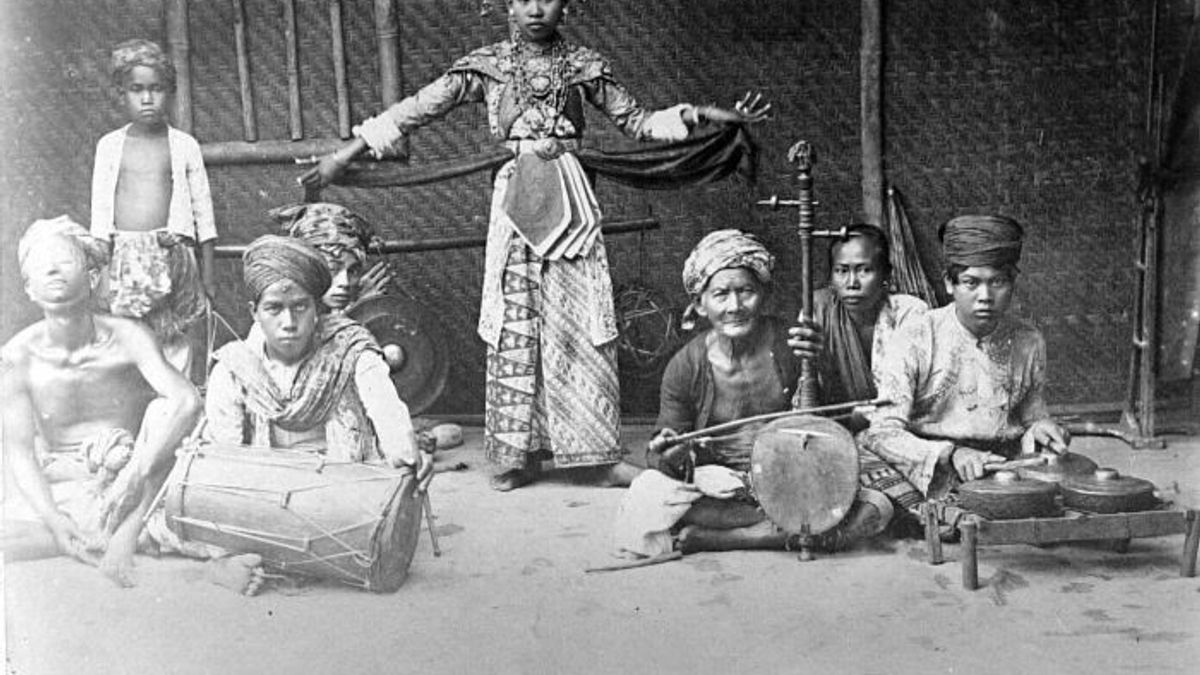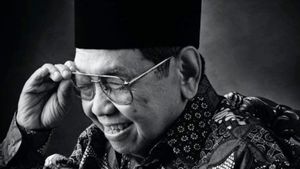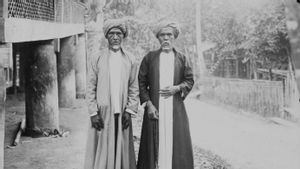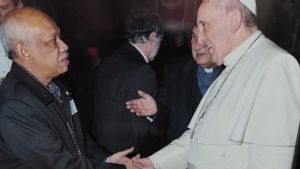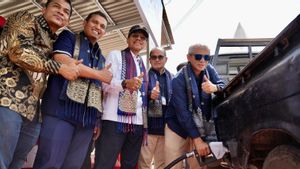JAKARTA – Today's history, 270 years ago, September 22, 1752, the Dutch Trading Company VOC raised the ronggeng performance tax. The owner of the power deliberately raised taxes because of the proliferation of the show in Batavia (now: Jakarta). Moreover, many advantages await the Netherlands.
At that time taxes were the main strategy for the VOC to build Batavia. The Chinese are the taxpayers. Fortunately many. All kinds of facilities in Batavia were built because of taxes. From Kasteel Batavia to Stadhuis (town hall).
The spice trade made the VOC victorious. His strategy to monopolize the archipelago's spice trade is second to none. The trade made all Dutch people feel the impact. However, the traces of profits from the VOC were not felt in Batavia, which in fact was a colony.
Batavia was not built from the spice trade. That's the fact. The city, which was built from the ruins of Jayakarta, was actually built from tax money. Tax aliases have saved lives in Batavia. The VOC also thanked the ethnic Chinese who were the object of the tax.

Massive migration of ethnic Chinese to Batavia ensued. The migration flow was directly approved by the VOC. Privileges were also shared with the Chinese. In fact, they became respectable citizens in Batavia. They are also given the freedom to carry out a variety of business activities. From building factories to trading.
The VOC only required them to do one thing: pay taxes. All kinds of activities are then taxed by the Dutch. including taxes for trading activities to entertainment. Profits from heavy taxes. The city of Batavia can also beautify itself and build many buildings here and there.
“We have seen the help of the Chinese people in the construction of cities, by paying taxes to pay for corporate labor. In the 1630s this individual tax amounted to more than half of the total income that the Company collected from municipal taxes and excise. At that time the tax became a kind of 'protection money' that exempted the Chinese from the military service of the townspeople.”
“The Chinese people's distaste for military service is generally cited as a reason for preserving the tax, but it can also be a precautionary measure to keep the Chinese from holding guns,” says historian Leonard Blusse in the book Persekutuan Aneh: Pemukim Cina, Wanita Peranakan dan Belanda di Batavia VOC (1988).

Instead of decreasing, the taxes collected by the VOC were actually increasing day by day. The great desire for profit made the VOC comfortable with the Chinese tax. Moreover, the types of levies for the Chinese are not small. At one time the levy can reach 15 types.
Among them, the most profitable tax levy is the entertainment tax. Without entertainment, life in Batavia would be boring. The Netherlands also predicts the huge profits achieved in the entertainment sector.
In fact, that view is true. VOC did not want to lose. Entertainment taxes are often raised. Take for example the tax on ronggeng and Tandak performances, which the VOC raised on September 22, 1752. The VOC's bold decision to raise taxes was allegedly because ronggeng had begun to become one of the most popular entertainments in Batavia.
“The taxes levied in the entertainment sector are puppet show taxes, gambling taxes, and cockfighting taxes. Although later various types of taxes collected can be written off or re-imposed depending on the situation, needs and security reasons. For example, on September 22, 1752, an announcement was made of an increase in taxes for ronggeng and Tandak, but the tax was lowered for the Chinese wayang puppets,” explains Mona Lohanda in the book Sejarah Para Pembesar Mengatur Batavia (2007).
SEE ALSO:
The English, Chinese, Japanese, Arabic, and French versions are automatically generated by the AI. So there may still be inaccuracies in translating, please always see Indonesian as our main language. (system supported by DigitalSiber.id)
